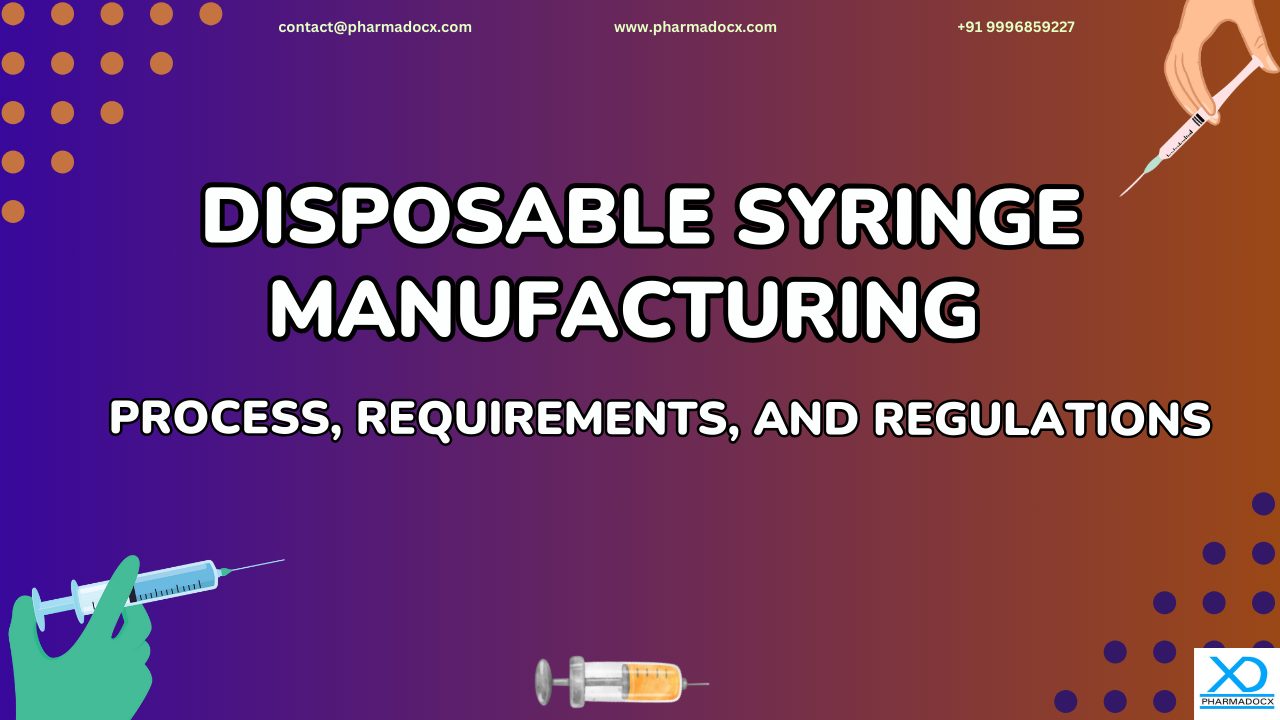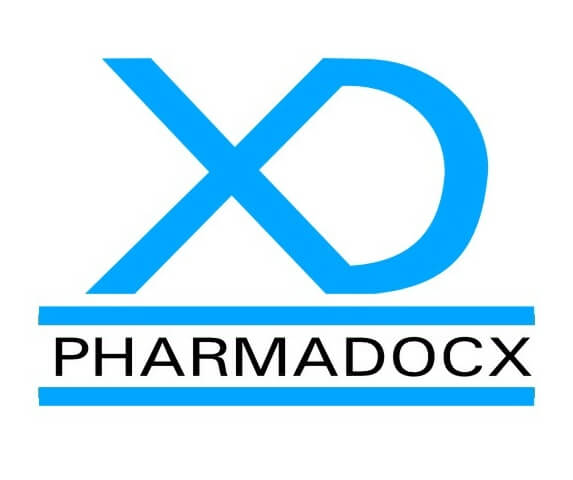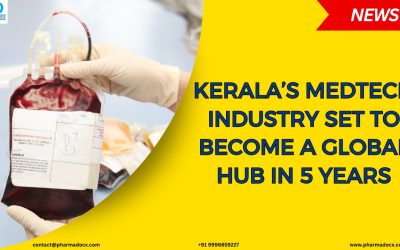Previously, glass was used for manufacturing reusable syringes. However, the healthcare industry has switched to single-use sterile plastic disposable syringes. Disposable syringes are currently in very high demand in India. Medical device manufacturing companies can tap into the potential of this industry segment. The Central Drugs Standard Control Organization (CDSCO), the apex medical device regulatory body, oversees disposable syringe manufacturing in India. A CDSCO manufacturing license will be required for manufacturing disposable syringe in India. Herein, we will focus on the disposable syringe manufacturing process and the raw materials and machinery used. Additionally, we will highlight the regulatory guidelines monitoring the efficacy and safety of these medical devices. We will also provide an overview of the requirements for CDSCO disposable syringe manufacturing license.
Reasons for switching from glass reusable to disposable single-use plastic syringes
Previously, glass reusable syringes were commonly used in the healthcare industry. With the increase in diseases, such as AIDS, reusable syringes and needles are being avoided. Additionally, glass is susceptible to breakage. Furthermore, chemical interaction between the sample and glass can cause the glass to corrode or flake. The flakes can easily mix with the sample loaded in the syringes and enter the person being injected with the contaminated solution. Moreover, owing to the construction material used and manufacturing process, glass syringes may contaminate samples with sodium and other heavy metals. Thus, glass reusable syringes pose multiple threats to the patients and the healthcare industry.
Disposable single-use plastic syringes overcome these disadvantages of glass reusable syringes. They are a sterile alternative to glass reusable syringes. Administration of medications and vaccines using disposable single-use plastic syringes has revolutionized the healthcare industry worldwide. The convenience, cost-effectiveness, and minimal chance of cross-contamination give disposable single-use plastic syringes an edge over glass reusable syringes. With the global surge in communicable diseases, reusable syringes for administration of medications and vaccines have to avoided. Disposable single-use plastic syringes will ensure patient safety and protect public health. Thus, disposable syringes are in very high demand and have a high market potential in India.
Disposable syringe manufacturing process
In short, the disposable syringe manufacturing process has three steps. First, the raw material, usually polypropylene, is fed into the injection moulding machine. The moulding is usually done in a chilled condition. Second, an automatic assembly machine is typically used to assemble the needle and moulded syringe. Third, to manufacture sterile disposable syringe, the assembled syringe has to be sterilized using ethylene oxide in a sterilization plant.

Usually, syringes are manufactured in 1, 2, 5, 10, and 50 mL sizes. A syringe is basically a responding siphon consisting of a plunger and a round and hollow cylinder, which is the barrel. The plunger firmly fits inside the barrel. By pushing the plunger along the barrel, fluid or gas can be forced out of the hole at the front part of the cylinder. In the healthcare industry, the syringe is used to administer medications and vaccines, thereby making them a critical medical device.
Syringes are available in various designs and may consist of two or three components. A two-component syringe contains a plastic plunger and barrel. It is manufactured in a way so that the two components fit perfectly. This ensures the plastic plunger and barrel are sealed properly. On the other hand, a three-component syringe contains a plastic plunger, rubber tip, and barrel. The rubber tip is used to create a proper seal between the piston and barrel.
For starting a disposable syringe manufacturing business, you will need certain raw materials, machinery, and dedicated manpower. We have provided an overview of the requirements for starting this business.
Common raw materials usually required for disposable syringe manufacturing
- Polypropylene
- Needles
- Ethylene Oxide
- Rubber gaskets
- Printing ink
- Packing paper
- Set of moulds for syringes
- Set of moulds for barrels
Syringe manufacturing machinery requirements
- Injection moulding machine: The size and number of injection moulding machines required will depend on the number of mould cavities, syringe construction type and method, and annual production capacity of the business. Injection moulding machine or an injection press is used for manufacturing and moulding the plastic components of the syringe. The types of injection moulding machine are hydraulic, electrical, and mechanical. Hydraulic machines are commonly used for this purpose but may not be very precise. On the other hand, the electric injection press has the highest precision and accuracy. It is relatively quiet and fast.
- Syringe assembly machine: This is another very important requirement for disposable syringe manufacturing. The assembly machine is used to assemble the needle and moulded syringe. It is used for plunger shaft positioning, backstop assembly, syringe body labelling, and insertion of safety devices.
- Screen printing machine: After assembling the components of the syringe, the standard marking levels have to be printed on the syringe. For this a screen printing machine will be required.
- Sterilization unit: The manufactured syringes have to be properly sterilised. These medical devices cannot withstand high temperature sterilization. Hence, for plastic disposable syringe sterilization, ethylene oxide (ETO) is used. Ethylene oxide is used for low-temperature sterilization of these heat susceptible medical devices.
- Syringe packaging machine: The manufactured syringes have to be properly packaged prior to selling them in the market. The syringe packaging machine is used to automatically package the syringe in a large scale.
The above are the very basic requirements for starting a disposable syringe manufacturing business. Some additional requirements are as follows:
- Water pump
- Air compressor
- Scrap guiding machine
- Weighing scale
- Chilling plant
- Testing equipment
- Necessary electrical fittings and sockets for running the manufacturing unit
Basic manpower required for disposable syringe manufacturing business
- Skilled technicians
- Supervisors
- Security personnels
- Unskilled workers
- Marketing professionals
- Accountants
CDSCO disposable syringe manufacturing license
The CDSCO, the apex medical device regulatory body, regulates all disposable syringes being manufactured and sold in India. The regulations ensure the quality, safety, and efficacy of the syringes are maintained. Thus, the patient safety and public health is protected. Owing to the high demand for disposable syringes in India, the CDSCO has to ensure substandard products do not enter the Indian market. Obtaining a CDSCO disposable syringe manufacturing license is a mandatory regulatory requirement for manufacturing these medical devices in India.

For granting a CDSCO manufacturing license, the authorities usually perform comprehensive evaluation of the manufacturing procedure, facility, quality control protocols, and regulatory compliance. Manufacturers having a valid license demonstrates their commitment to CDSCO safety and regulatory guideline compliance. This increases company reputation and helps attract customers.
Similar to all other medical devices in India, regulations for disposable syringes are governed by the Medical Device Rules, 2017. As per CDSCO risk-based classification system, disposable syringes belong to CDSCO Class B. Hence, they will be regulated as per the guidelines and requirements for Class B medical devices. Device master file, plant master file, and quality management system certification are some of the typical supporting documents required for securing the CDSCO license.
How can Pharmadocx Consultants help you secure the CDSCO disposable syringe manufacturing license?
With an in-depth understanding of the CDSCO regulations, Pharmadocx Consultants is dedicated to simplifying your path to securing CDSCO registration in India. We leverage our expertise and industry knowledge to help medical device manufacturers obtain medical device manufacturing, test, and import license.
- Documentation support: Various supporting documents are required for CDSCO license application. We will help you prepare the necessary documents for registering your products in India.
- License application support: We will oversee the complex license application process. Our team has proven expertise in license application.
- Mock audit support: Pharmadocx Consultants conducts mock audits to help their clients identify any noncompliance or shortcomings. Our mock audit service will prepare you for the inspection and audit carried out by the regulatory officials. Additionally, we provide audit document preparation support.
- License grant support: Our service does not end with assistance for registration application. We provide license application and document preparation support as well as assist in procuring the license. Our team of experts will help you respond to any query raised by the officials. We will monitor the application process till the license is granted.
Disposable syringe manufacturing is a profitable business in India. To start your disposable syringe business in India, you will need a CDSCO license. To simplify your CDSCO license application process, drop an email at [email protected] or call/Whatsapp on 9996859227.





